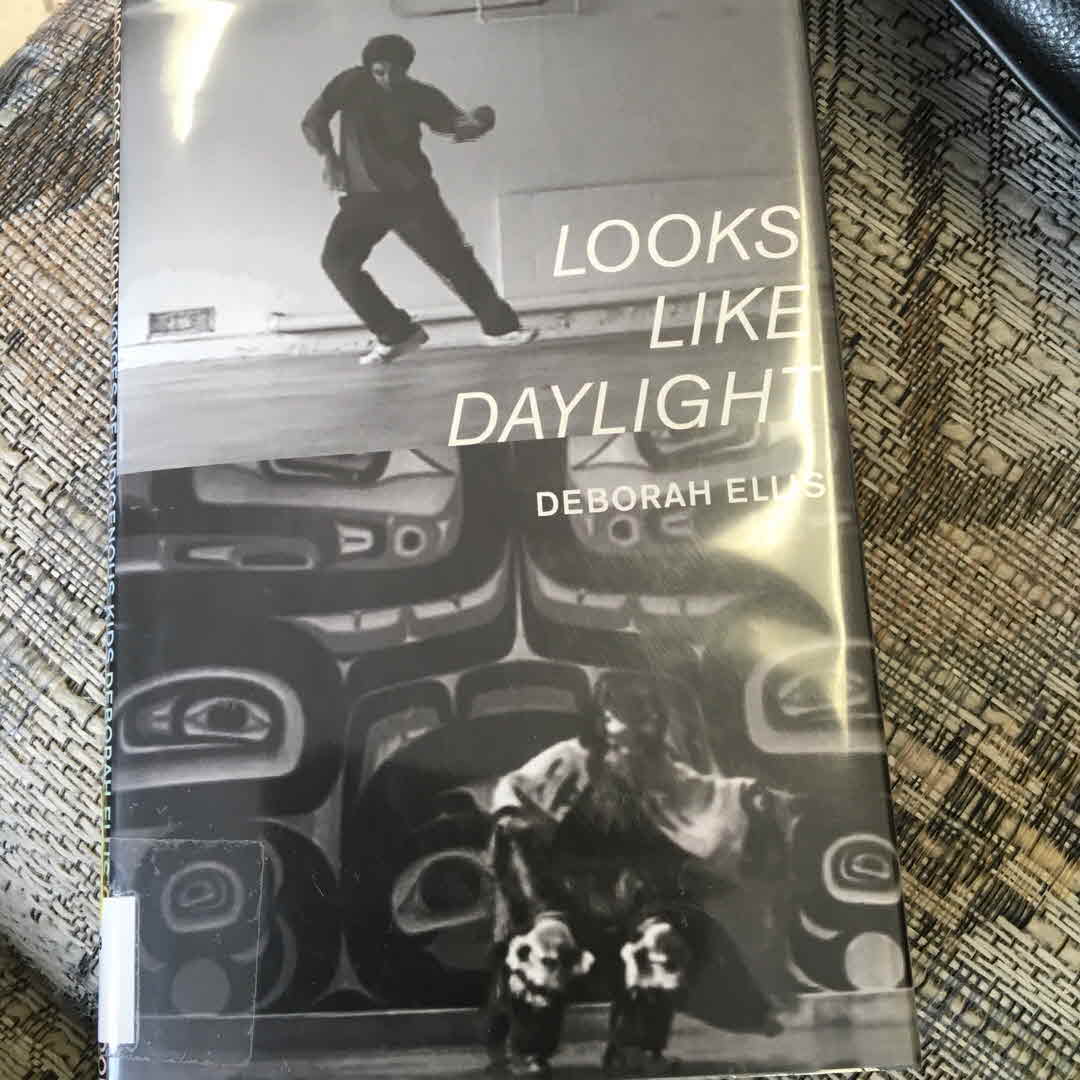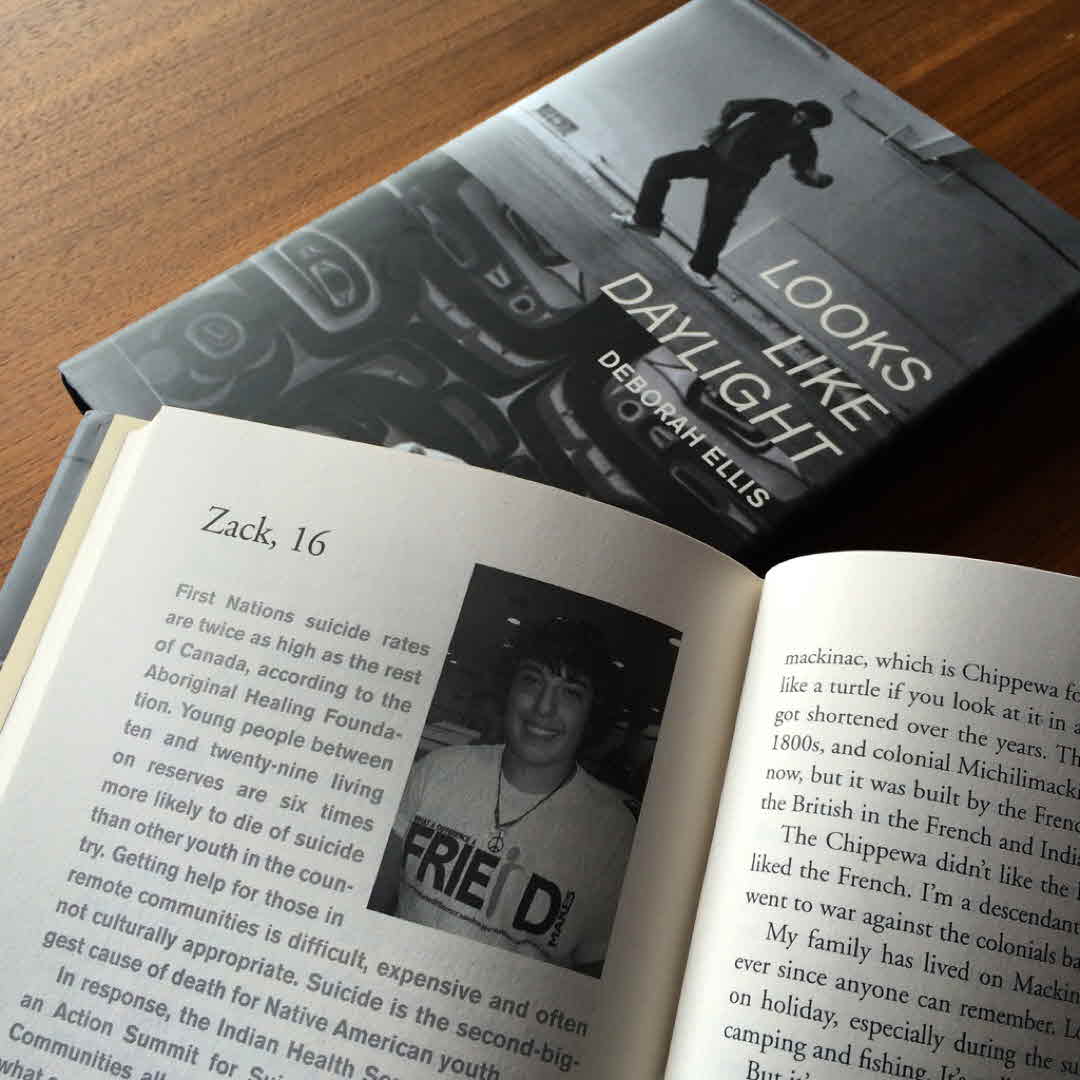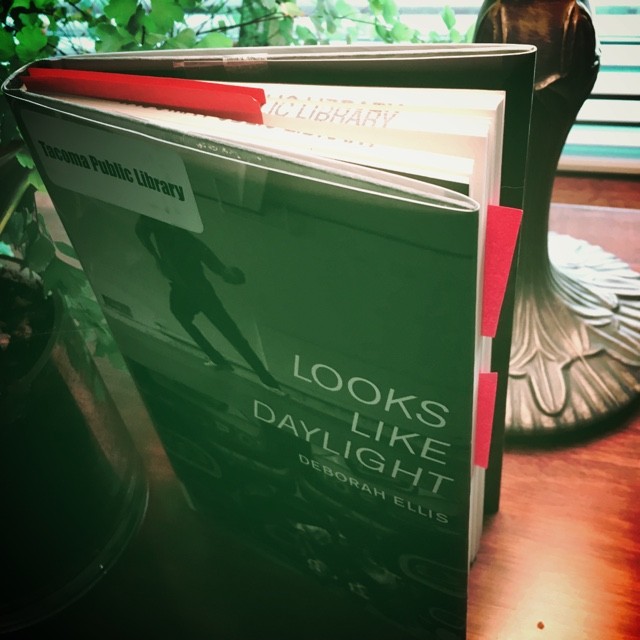
#SundayMorningCoffeeMug Whiskey and I much prefer falling back to springing forward- coffee should help. Hope you set your clocks! Happy Sunday Morning Littens! 🐾⏰☕️🌝

#SundayMorningCoffeeMug Whiskey and I much prefer falling back to springing forward- coffee should help. Hope you set your clocks! Happy Sunday Morning Littens! 🐾⏰☕️🌝

I love Deborah Ellis‘ books because she speaks to young people all over the world and lets their words stand on their own, rather than trying to provide her interpretation of what the kids are saying. In this book she spoke with Indigenous youth all over Canada and the US about their lives, hopes for the future, their pasts and experiences.
I had to take this one really slowly because it was very upsetting at times, but also so hopeful.

“I‘m hopeful about the future of Native Americans. I‘ve been able to meet Native youth from all over, and I‘ve seen first hand what we can do, and what people did for us before we came along. We‘re going to keep moving forward.” — Zach, of the Sault Tribe of Chippewa Indians. Happy Aboriginal Day.

Essential reading. The subtitle is "Voices of Indigenous Kids", and Deborah Ellis interviewed youth from all over the US and Canada. She includes background information, but it's the kids and their stories that really shine. This needs to be in every school library and classroom.